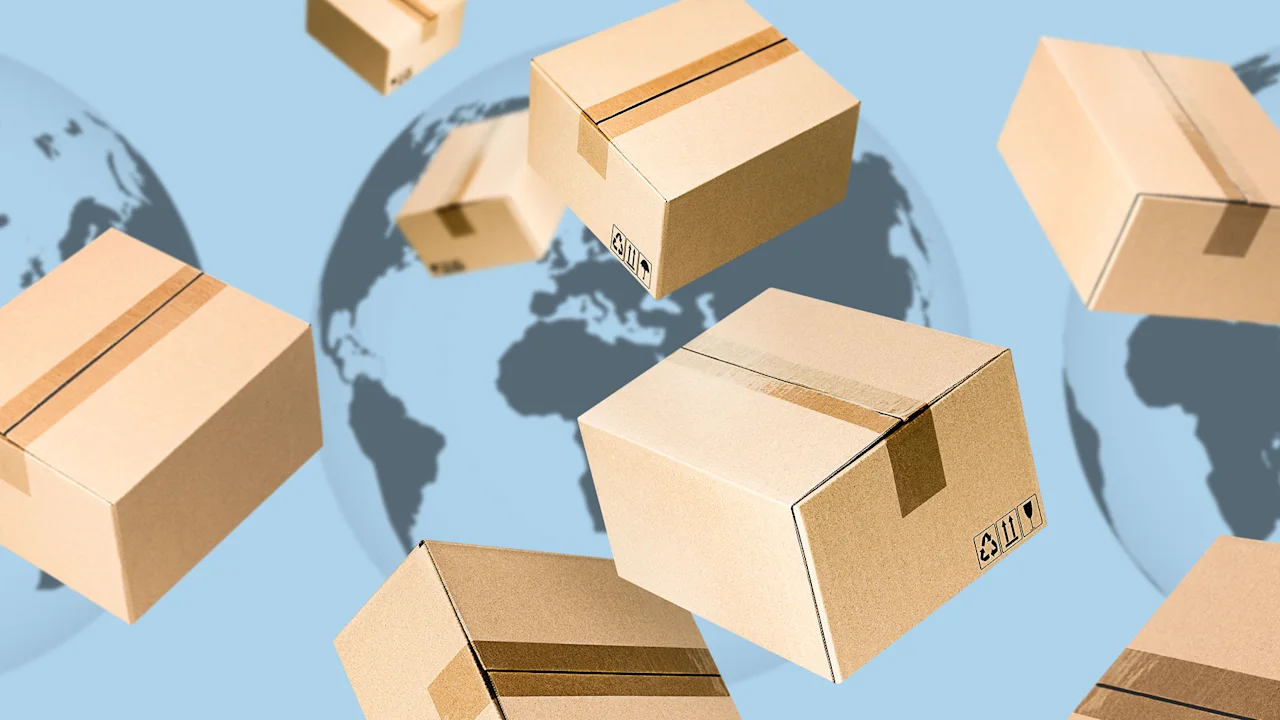The long-standing de minimis exemption, which allowed packages under $800 to enter the U.S. without tariffs, has officially ended. As postal services worldwide react by suspending or altering shipments to American addresses, retailers and shoppers alike are bracing for new costs and logistical uncertainties.
De minimis exemption ends today: Here’s the latest on how it will impact you and your packages

Key Takeaways:
- The U.S. removed its de minimis exemption on August 29 for goods under $800
- Many postal services in Europe and beyond have halted some or all shipments to the U.S.
- Retailers, including Etsy, are adjusting shipping options and prices
- Letters and genuine gifts under $100 remain exempt
- Some packages may be returned to sender to avoid fees
Introduction
On Friday, August 29, the United States officially halted its de minimis exemption, which previously allowed goods valued at less than $800 to enter duty-free. This change, already implemented for shipments from China and Hong Kong in May, has sent ripples through the global shipping industry and e-commerce markets.
The De Minimis Exemption
Known widely as the de minimis exemption, this policy allowed an estimated $64.6 billion worth of goods to enter the United States without incurring tariffs in 2024, according to data from the U.S. Customs and Border Patrol Agency. Under the new rule, the only exceptions remain for letters or genuine gifts sent from one individual to another valued under $100.
Impact on International Shipping
Several national postal services in Europe, including Germany, Sweden, and Italy, suspended most services to the U.S. ahead of the rule’s effective date to avoid confusion over tariff liability. France followed on Monday, while the U.K. halted package deliveries on Tuesday. Existing shipments were rushed to American recipients before August 29, though packages arriving after may face new fees or be returned to sender.
Countries such as Japan, South Korea, Canada, and Mexico have also added restrictions or new stipulations. For example, Canada Post now requires confirmation that the duty is prepaid or that the receiver has agreed to automatic billing.
Retailers Respond
E-commerce platforms and retailers have proactively adjusted their policies. Etsy, for instance, suspended postage purchases to the U.S. through several international carriers, warning its sellers: “Given the complexities, legal requirements, and poor experience, many postal providers will be suspending DDU service or changing delivery options to the US.” Some small businesses even ran sales before the deadline, hoping to help customers avoid higher prices. For many brands, passing along some or all of the added tariff costs to consumers has become unavoidable.
Looking Ahead
While letters and certain gift parcels remain exempt, the end of the de minimis exemption marks a significant shift in the global movement of goods. With ongoing changes in postal services and retailer pricing, both businesses and consumers will need to stay informed. As the marketplace adjusts to these new realities, shipping costs and delivery logistics could remain in flux for the foreseeable future.











